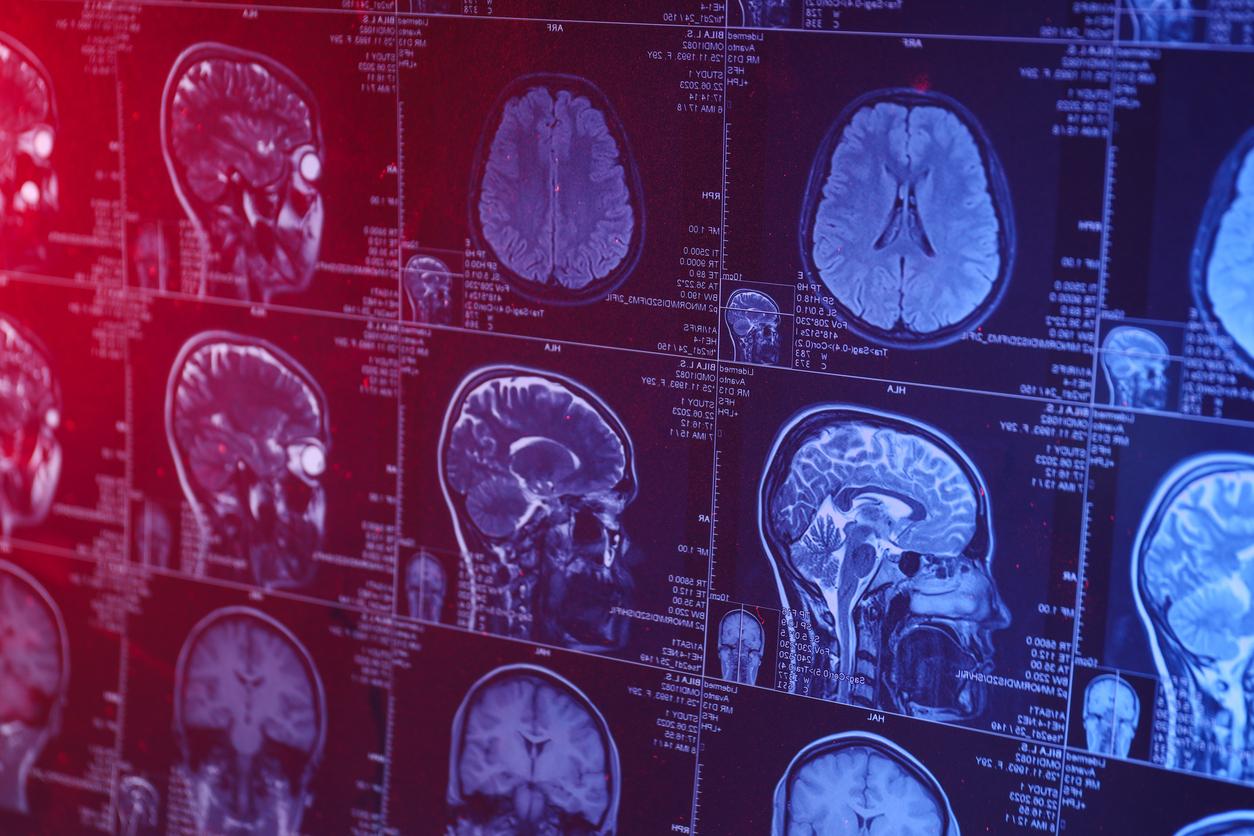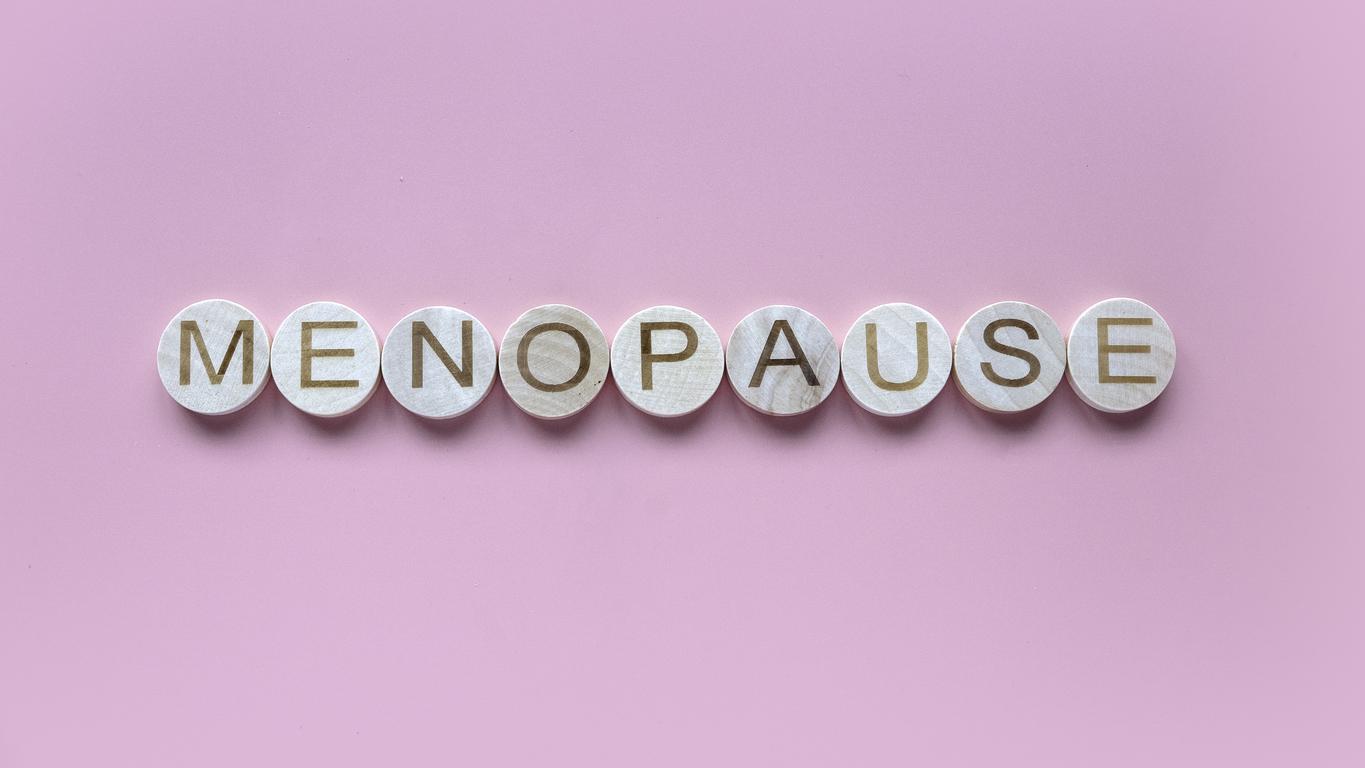“Hormone therapy is the most effective treatment for hot flashes and genitourinary syndrome. It limits bone loss and fracture risk. The benefits outweigh the risks, for women under 60 suffering from symptoms or having started their menopause less than ten years ago”.
This release, issued on July 7, 2022, is signed by the North American Menopause Society (NAMS). And that is rather ironic. Because twenty years ago, it was from the United States that a hurricane was going to hit the reputation of hormonal treatment for menopause. Its name: the WHI study (Women’s health initiative). Its results showed, in women taking hormonal treatment, an increased risk of breast cancer, coronary heart disease, stroke and venous thromboembolism.
The study was quickly challenged. “The women studied started treatment much too late, the progestins used were not the same as those we prescribe here, and the doses were not personalized” details Dr. Michel Mouly, gynecologist. But the damage was done. “In France, we have gone from 35% in 2001 to 7% today of THM prescription and the figure is constantly decreasing.”
What are the benefits of THM?
Menopause is not a disease. But the cessation of estrogen and progesterone production – on average, at age 51 – is accompanied, in many women, by more or less bothersome symptoms. Hot flushes, night sweats, headaches, fatigue, sleep disturbances, irritability, joint pain… Even more serious, these ailments are sometimes only the tip of the iceberg.
“You should not ignore them, because you always run the risk that they will end up giving rise to a disease. Simple hot flashes, for example, increase the risk of cardiovascular disease, extra pounds open the door to certain cancers, and swelling, very common during menopause, promote thrombosis.
THM is also effective in reducing bone loss, keeping depression, memory problems or type 2 diabetes at bay, improving sleep…
What are the contraindications of THM?
“The transdermal form (in the form of a gel or patch) of 17 beta-estradiol, a natural estrogen, associated with natural progesterone, represents according to all European studies the reference in hormonal treatment of menopause. »When the woman no longer has a uterus, estrogens are prescribed alone. “On the other hand, hormone therapy can be harmful when it is of animal (equine) or synthetic origin.”
The assessment must be complete, to be sure not to miss a contraindication. The clinical examination, to know the lifestyle and the personal and family history of the patient, should thus be accompanied by a blood test, a mammography and a breast ultrasound, a bone densitometry, and in certain cases (tobacco, cholesterol, diabetes and/or arterial hypertension) a coronary scanner.
“THM should not be taken if you have a history of breast cancer, another estrogen-dependent cancer (such as the endometrium), a history of venous or arterial thrombosis, or high blood pressure. uncontrolled arterial insists Dr. Mouly.
THM and cancer, what is it really?
Hormonal treatment for menopause has been accused of increasing the risk of breast cancer. In fact, the problem comes rather from the type of molecules used. “Synthetic progestins have a probable role in initiating cancer cells.” But in France, the prescribed progesterone is natural.
“The French THM does not cause breast cancer, it reveals it earlier.” This often makes it possible to detect the cancer at an earlier stage than in a woman not treated with THMs, and thus increase the chances of recovery, compared to an untreated woman. “It also reduces the occurrence of cancers of the oesophagus, colon, rectum and pancreas. Conversely, it would increase beyond 5 years of taking the serous ovarian cancer (one additional case for every 8,000 women treated).”
THM: what are the risks?
The THM must be proposed never imposed. Already, it is obvious, it is useless for the 10 to 20% of women who are lucky enough not to suffer from the inconveniences associated with menopause. For the others, “it must be taken respecting the intervention window: within ten years of the onset of menopause, and before age 60.” Not following these rules”carries an increased risk of developing heart disease or stroke.”
The right dosage is also essential: the smallest effective dose, over the shortest possible duration. It is therefore essential to see your doctor at regular intervals, to check that everything is going well, and to readjust the treatment if necessary.
“The implementation of hormone therapy is comparable to trying on a wedding dress. We watch, we try on, we choose, we make alterations until we establish the perfect protocol. Today, it’s the hormone of substitution which confers the best results on all the ailments of the menopause.But if, and only if, one gives the right hormone, the right dosage and at the right time, and if one knows the medical file of the patient perfectly. “
Provided these conditions are met, it allows women to regain their “before” quality of life, which is priceless.
Our expert: Dr Michel Mouly, gynecologist, surgeon, oncologist, author of Menopause, everything can change (ed. Robert Laffont)


















